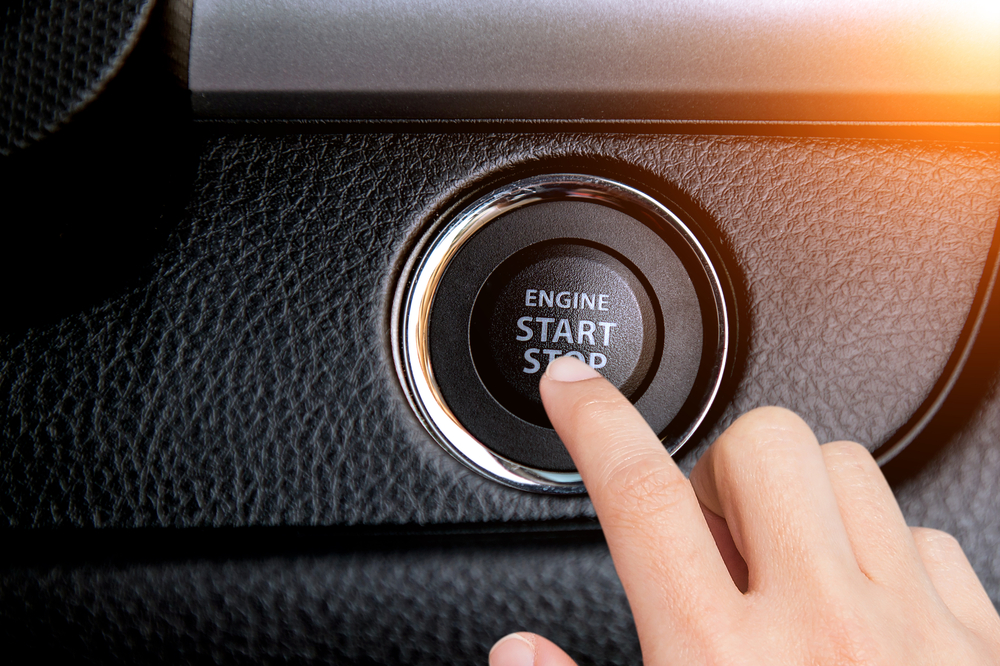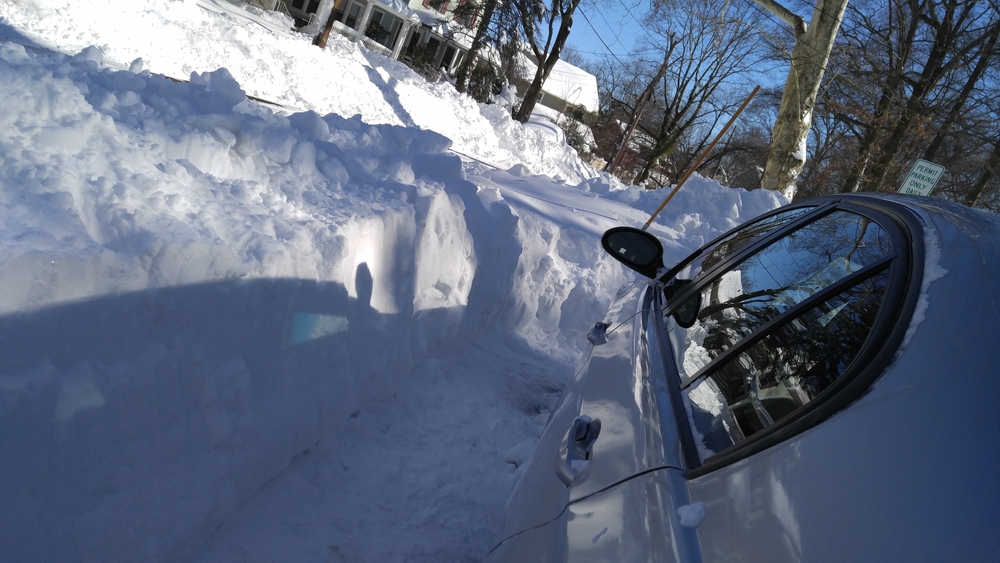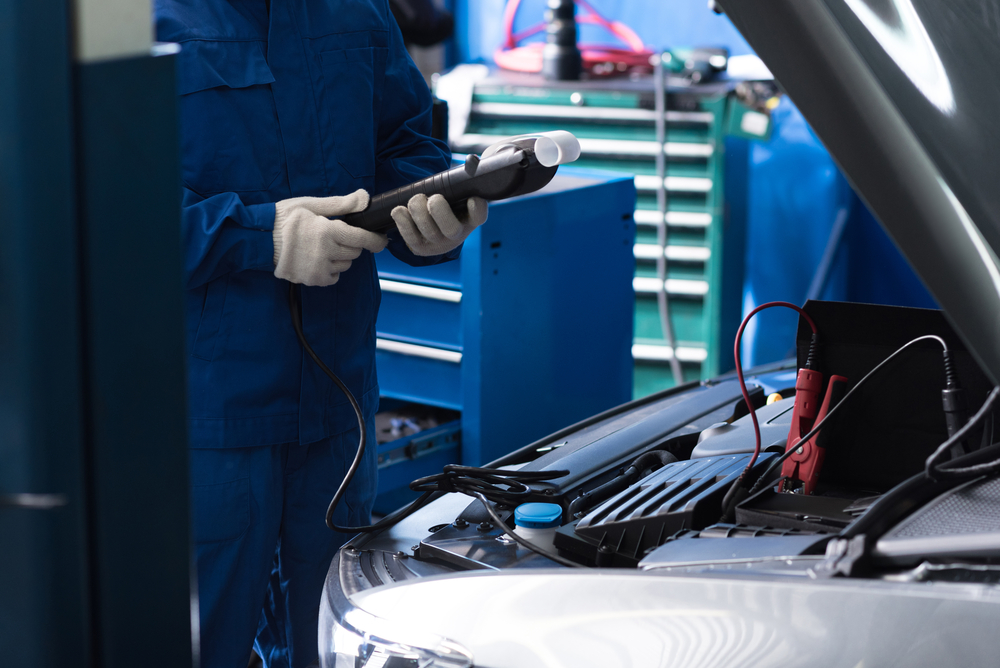Depending on a few different circumstances, such as the model and age of your BMW as well as how you store it, you may occasionally experience a little trouble when starting it on a particularly cold day. Let’s take a look at why this might be and what you can do.
False Starts
Getting into the car and starting it up in the morning isn’t always the most pleasant process when you’re in the middle of winter. Your heating system won’t start doing its job until the engine has warmed to its proper operating temperature, but even before that, some drivers might have difficulty getting the ignition going. As many of us know, your BMW depends on many different types of fluids to work, not to mention your battery and your spark plugs. All of these can be affected by extreme low temperatures, so they’re the first things to keep in mind.
Possible Culprits
Naturally, gasoline has a tougher time burning when it’s been sitting in your engine losing all of its warmth overnight. Many forms of engine oil will change in viscosity, becoming thicker and therefore working against the engine when it needs to get in motion. If you’re overdue to replace your spark plugs, their age is an important factor when it comes to ignition, so harsh winter temperatures on top of that certainly don’t help. And of course, winter cold can put a significant damper on the electrochemical reaction that your car battery depends on to help start your vehicle.
Taking the Right Steps
Overcoming the inconvenience of winter ignition trouble is easier than you think. Park in a garage or under some form of shelter any time you can. Be sure to turn off all electrical components before turning the ignition. When you do, don’t keep the ignition active for too long, otherwise you could overheat your starter. Depending on how cold it gets and the condition of your vehicle, using a block heater might be helpful. In any case, if you do run into persistent problems and suspect battery or spark plug issues, be sure to take your BMW in for a checkup as soon as possible!
Experiencing any issues with your BMW this winter? Come by Motorwerkes, and we’ll be happy to take a look. Our BMW certified technicians have decades of combined experience and are dedicated to giving you the best results. Call (403) 768-3168 to set up an appointment!





